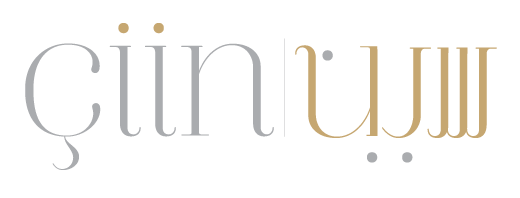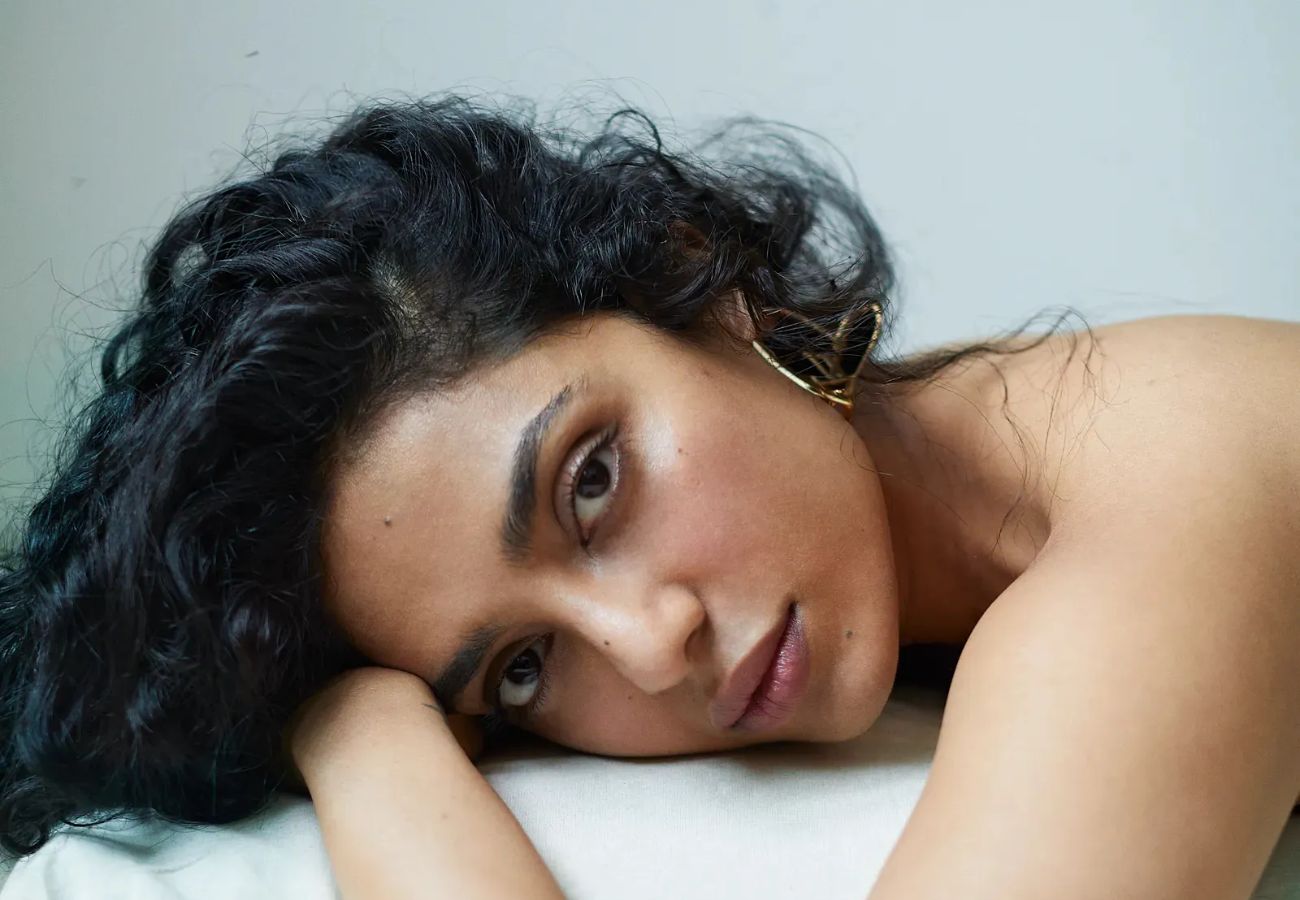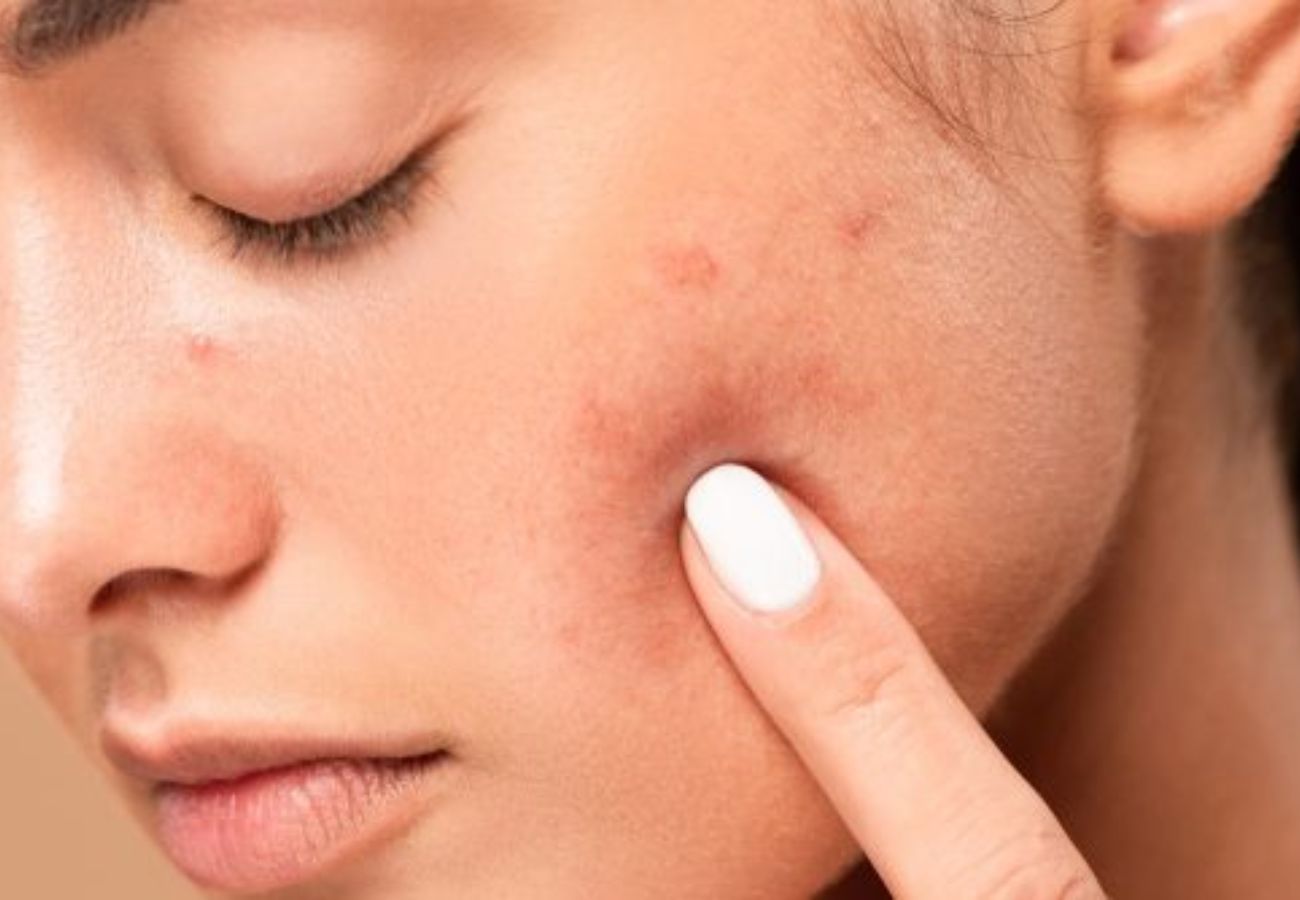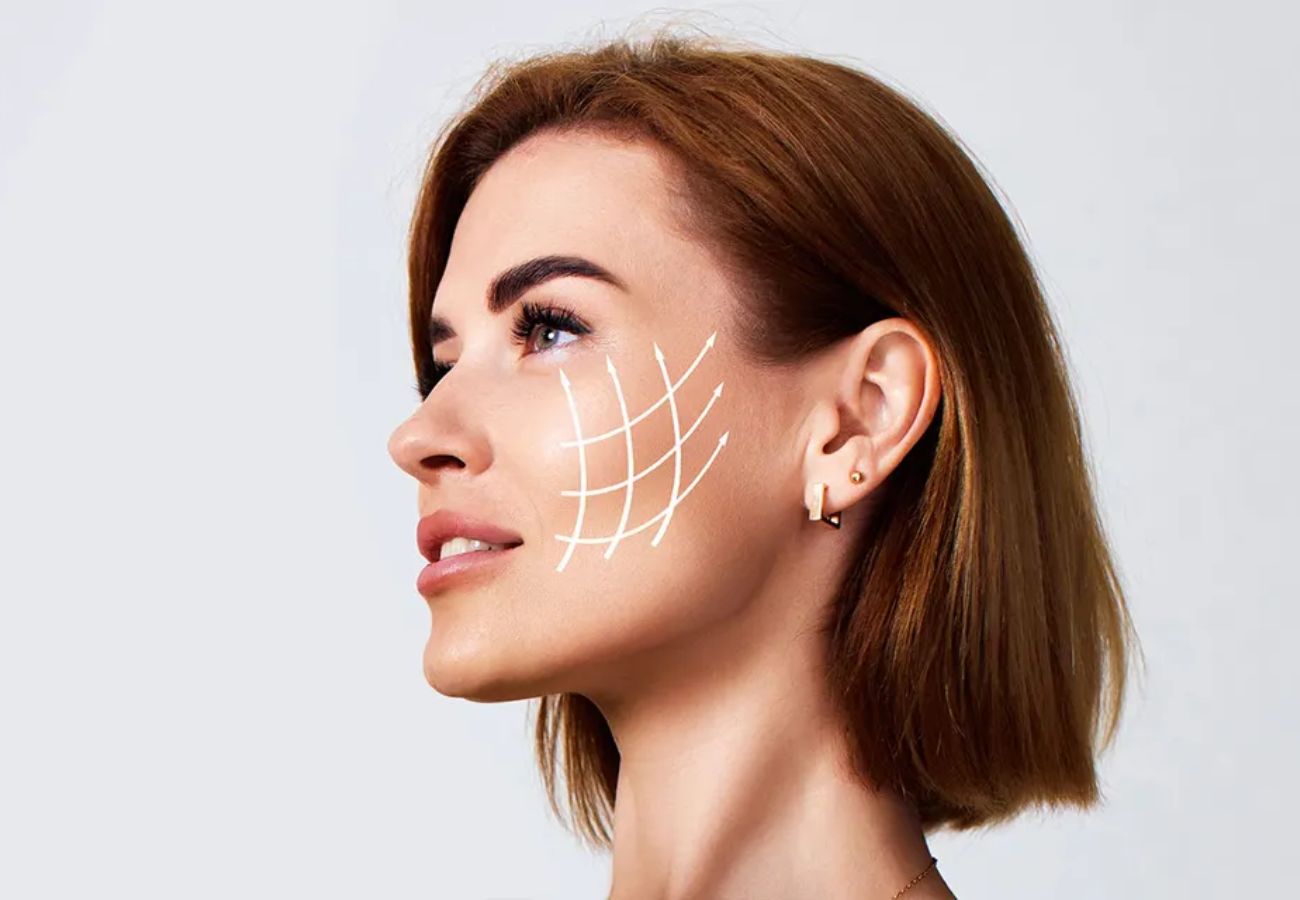
Hair Loss || Reasons And Suggested Treatments
‘Your hair is falling out non-stop? Please don’t freak out, you’re not the only one who’s experiencing this annoying situation. Hair loss is an issue that we all struggle with every now and then regardless of our age. Your hair looks great and full for months then all of a sudden it starts to fall out in huge amounts on other months and the cycle repeats. While it’s normal to lose between 50 and 100 hairs a day, it is impossible to count the amount of hair loss on a given day. So how do you know that you actually have a hair loss issue? Notice the amount of hair in the drain after washing your hair or clumps of hair in your brush. Also, beware of any thinning or baldness. If you begin to shed an amount that is larger than normal, that’s when things start to get a bit hairy and you need to do something about it. But why does this happen, what are the reasons, and how to solve this annoying problem? Here is everything you need to know.
The Science Behind Hair Growth
Let’s talk science to better understand why our hair sheds. First of all, you need to know that each of your hair follicle cycles independently and undergoes three stages: anagen, catagen, and telogen. Anagen is the active growing phase, which can last between 2-7 years during which the hair becomes longer and thicker. Then comes catagen which is the short transitional phase when the hair fiber stops growing, followed by the resting phase telogen which lasts around 3 months. During telogen, the old hair is gradually pushed up towards the skin surface before it is then shed naturally and replaced with a new emerging anagen hair.
The Reasons Behind Hair Loss
Hormonal Changes
Hormones play an important role in keeping your hair in its growth phase for a longer time. Estrogens (female hormones) for example help to keep your hair healthy and thick, while an excess of male hormones (androgens) can cause hair loss as they play a role in shortening the hair growth cycle. Of course, other cases that might cause hormonal imbalances such as pregnancy, childbirth, discontinuing the use of birth control pills and menopause can also thin your hair.
Stress
It’s no myth that excess stress can wreak havoc on your skin and hair. How? Stress increases the levels of male hormones androgens which as we said shorten the life of the hair growth phase. Its impact does not stop here, as it can also trigger scalp problems, such as dandruff, disrupt eating habits, and mess with the digestive system which can damage your hair significantly.
Iron Deficiency
Iron plays a huge role in producing hair cell protein. Without is your hair will suffer. When you don’t have enough iron, your body can’t produce the hemoglobin in your blood. Hemoglobin carries oxygen for the growth and repair of cells in your body, including the cells that stimulate hair growth.
Vitamin B12 deficiency
If you ever had vitamin B12 deficiency you might felt exhausted and experienced a huge loss of energy. Well, its impact does not stop here, it can also take its toll on your hair. Vitamin B12 is responsible for the health of red blood cells which carry oxygen to your tissues. So the lack of this vitamin can damage your hair if left untreated.
Hypothyroidism
The thyroid gland helps in regulating the production of proteins and tissue use of oxygen. That said, any imbalances in this gland can impact your hair growth. Another important thing to know is that if hypothyroidism is left untreated it might cause iron deficiency which is another cause for hair loss.
Age
If you are a middle-aged woman and experiencing a major hair loss, hair thinning at the crown of the head, or your hair does not grow as much as previously, you are not alone This is a natural menopause symptom and it happens for many reasons. The first to blame is hormones. Estrogen plays a major role in keeping your hair in its “growing phase”, and when it drops with age it affects your hair growth. Genes are another factor too.
Blue Light
I am sure you’ve heard about its effects on your sleep, eyes, skin, and brain health but little did you know that it is also linked to hair loss. How? As we mentioned, too much screen time can cause insomnia. Sleep deprivation triggers hair-loss episodes called telogen effluvium, in which the hair-growth cycle gets disrupted and in effect ‘stuck’ in its resting phase followed by massive hair shedding. Another thing is that when you don’t have enough sleep, cortisol levels go up. And as you know, stress can wreak havoc on your hair and your health in general.
What To Do?
Update Your Diet
You’ll need more protein and complex carbs. Your hair is made of protein which makes it essential to incorporate into your diet. Make it a point to consume at least a palm-sized portion of protein at breakfast and lunch. Complex carbs are important too as they provide our hair with the energy it needs to grow. If you have 4 hours left till your next meal, snack on healthy carbohydrates like fresh fruit, or whole-wheat crackers. Remember that if the reason behind hair loss is stress or illness, updating your diet will not remedy it.
Massage Your Scalp
Massaging your scalp with hair oils come in handy if you have thin hair. It will boost blood circulation and thus oxygen flow in the area. It will also strengthen and protect hair follicles and strands, condition the scalp skin, prevent breakage and cultivate healthy hair growth.
Style Your Hair Smartly
That tight ponytail may look cool, but it will wreak havoc on your strands. Avoid any hairstyle that might put unnecessary pressure on your follicles to keep your hair from falling out. It is also recommended to stay away from harsh and heavy hair products and treatments.
Incorporate Supplements
There is a multitude of hair growth pills out there, make sure to do your research before purchasing the best hair vitamin pills. We suggest you look out for ingredients such as Iron, Vitamin C, Vitamin B12, Vitamin D3, Copper, Zinc, Selenium, and the essential amino acids, L-Lysine and L-Methionine. Some of the hair supplements we recommend include: Nutrafol, Viviscal, Biotin, Pantogar, and Nourkrin are a few tried, tested and effective supplements that CIIN editors swear by! More importantly, you should know that consistency is key to success!.






